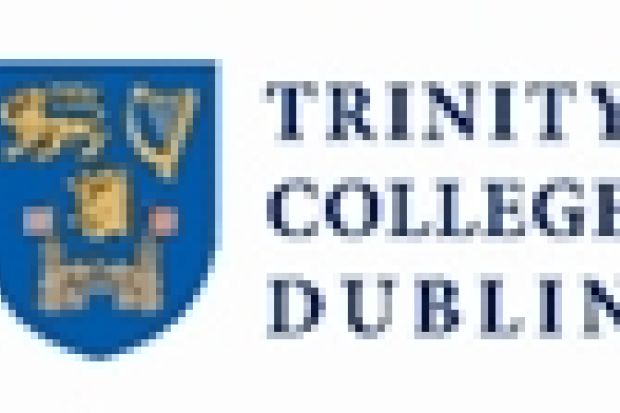You could be forgiven for thinking that innovation is the domain of science, engineering and technology. But you would be wrong. Building on almost 420 years of scholarly tradition, Trinity College Dublin is advancing a new phase of evolution in research for the arts and humanities. With the completion of the Trinity Long Room Hub, a dedicated institute for advanced studies in the arts and humanities, Trinity is positioning high technology alongside high thinking. The juxtaposition of this research facility with the college's 280-year-old library is deliberate. Linking the old with the new, Trinity is drawing on the past to inform the future, creating new scholarship and consolidating existing fields of enquiry through the innovative use of digital technologies. As the world grapples with recession, Trinity's Long Room Hub is a beacon, harking back to the ancient role of the university in society, to focus minds and to illuminate through questioning the human condition.
In a time of financial restraint, the Irish government has invested €10.8 million in the arts and humanities via funding for the Trinity Long Room Hub. The innovative work going on there has begun to change people's views of the impact that the arts and humanities can have on business. Pioneering projects are shaping a "smarter planet". Although the word "computer" preceded the collection of the 1641 Depositions by almost 30 years, only in this century are the two coming together. Using witness statements made after an Irish rebellion some three and a half centuries ago to teach today's IBM computers how to understand language is just one way the arts and humanities are helping a multinational corporation to innovate. IBM says it is the different insights that come from the humanities that it particularly values.
But is investment and research in the arts and humanities truly sustainable? The evolution of digital humanities offers hope that research in these disciplines will flourish, despite the disparity in funding with science. But institutions must move quickly to embrace this change and foster relationships with industry. The groundbreaking work being undertaken at the Trinity Long Room Hub points to a future in which arts and humanities research can be as rewarding to a nation's bottom line as it is to the pursuit of knowledge.
